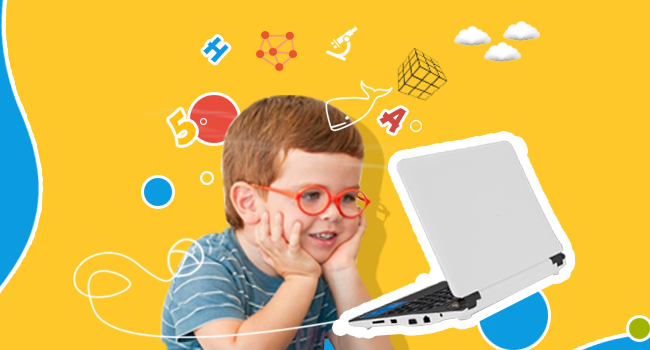Why do children love games? Obviously, the fun factors of games attract them towards it. They might forget the lessons taught to them but not the games and it rules.
Why not merge both games and lessons?
There are a lot of advantages that comes with playful learning. It improves memory and stimulates growth of cerebral cortex with play.
Check Out the Awesome Benefits of Playful Learning
- Improve imagination: Playful learning builds better imagination in children. While playing, children tend to remember different aspects of the game which helps them to accelerate memory growth. Students must be encouraged to work in teams, where only their knowledge can take them to the goal.
- Emotional benefits: Children often find it tiring to learn passively. With playful learning they can have fun and enjoyment. The burden of tough syllabus reduces. Mastering new concepts helps to gain abstract thinking as well.
- Better attention from students: Compared to passive learning, playful learning engages children to a positive atmosphere. Learning is no more a burden. With better knowledge comes improved self-confidence.
- Strategic thinking and effective problem-solving: Time and tide waits for no man. Quick problem solving should be installed in children from a very early stage. Playful learning makes it possible for children to think outside the box.
- Better coordination: Playing games with classmates is indeed fun. Children get to know each other. It’s stress-relieving and assures better friendship. Not only do you get a better tuning with your friends but also playing develops hand-eye coordination as well.
- Beneficial for children with attention deficit disorders: Not all children are same. Not only the behavioural pattern but the mind-set varies from child to child. Some children require less attention to grasp lessons while some other gets easily distracted. Playful learning is most benefited to these children. They will love to learn.
- Skills building: Playful learning helps in building children’s skills in different areas. They are prepared for better management of time and other resources. Learning to cope with different types of situations is another benefit of playing games. With games, it’s easy to discover the hidden skills of children. They become more active and self-confident. Playful learning encourage children to experiment and take risks
Playing Is Not Wasting Time:
Marion Diamond and her colleagues in the year 1964 published an exciting paper on the growth of brain in rats. The neuroscientists conducted a landmark experiment, placing some rats in boring, solitary confinement and others in enthusiastic toy filled colonies. The results were exciting.
After examining both sets of rats from different environment, researchers found out that “enriched” rats had thicker cerebral cortices, bigger brains and they were smarter while the “impoverished” rats just had the opposite.
Due to ethical considerations we don’t perform similar experiments on kids. But evidence from the experiment on rats shows increased levels of brain-derived neurotrophic factor (BDNF) in their brains, which is essential for the growth and maintenance of brain cells.
Let’s explore some of the misconceptions about playful learning
- Physical education and playful learning: It cannot be denied that physical education is effective for children. Researchers believe that physical education is planned and structured by adults. There is lack of freedom during physical education period. You cannot compensate physical education to playful learning
- Giving breaks between classes: According to a small study conducted short breaks for 10 or 20minutes enhances classroom attention but more than 30 minutes had the opposite effects.
As you can see there are whole host of reasons to adopt playful learning. Let our children grow better. We must create the best environment where they can learn and grow stress-free.
